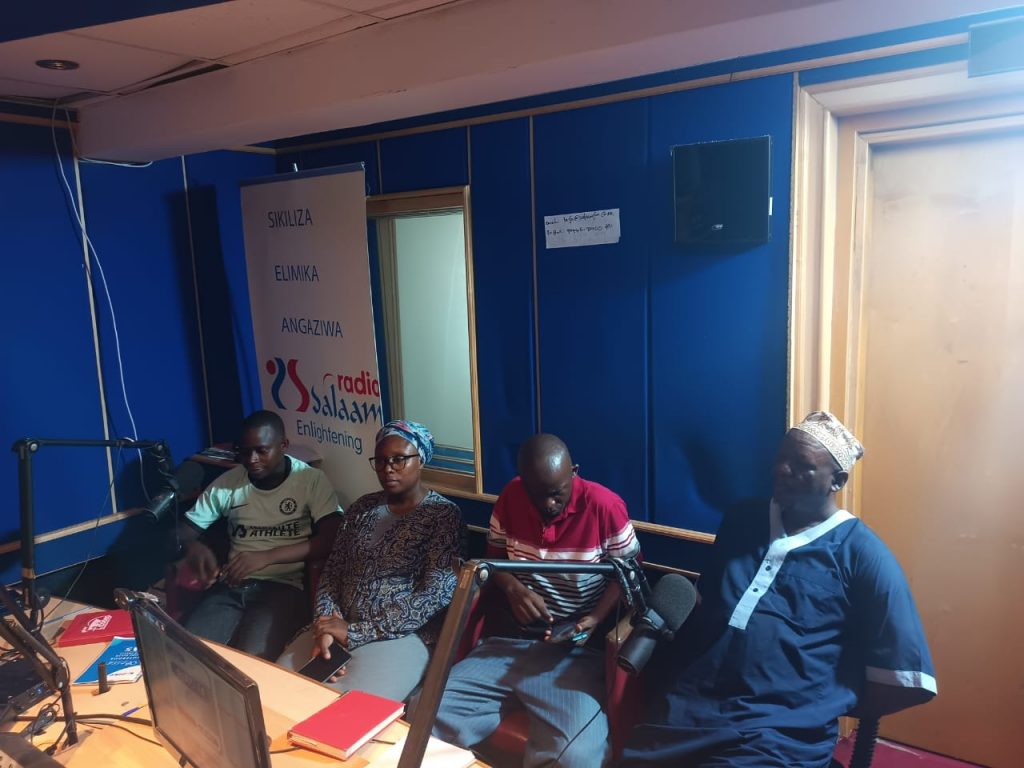
On March 16th, 2024, a significant event unfolded as we engaged in a compelling discussion on Radio Salaam, a prominent radio station based in Mombasa. The focus of our dialogue revolved around shedding light on the Competency-Based Curriculum (CBC) and its implications for education in Kenya. Among the distinguished panelists was LICODEP a pioneering organization instrumental in implementing the Tucheze Kujifunza (TUKU) program, generously supported by the Aga Khan Foundation.
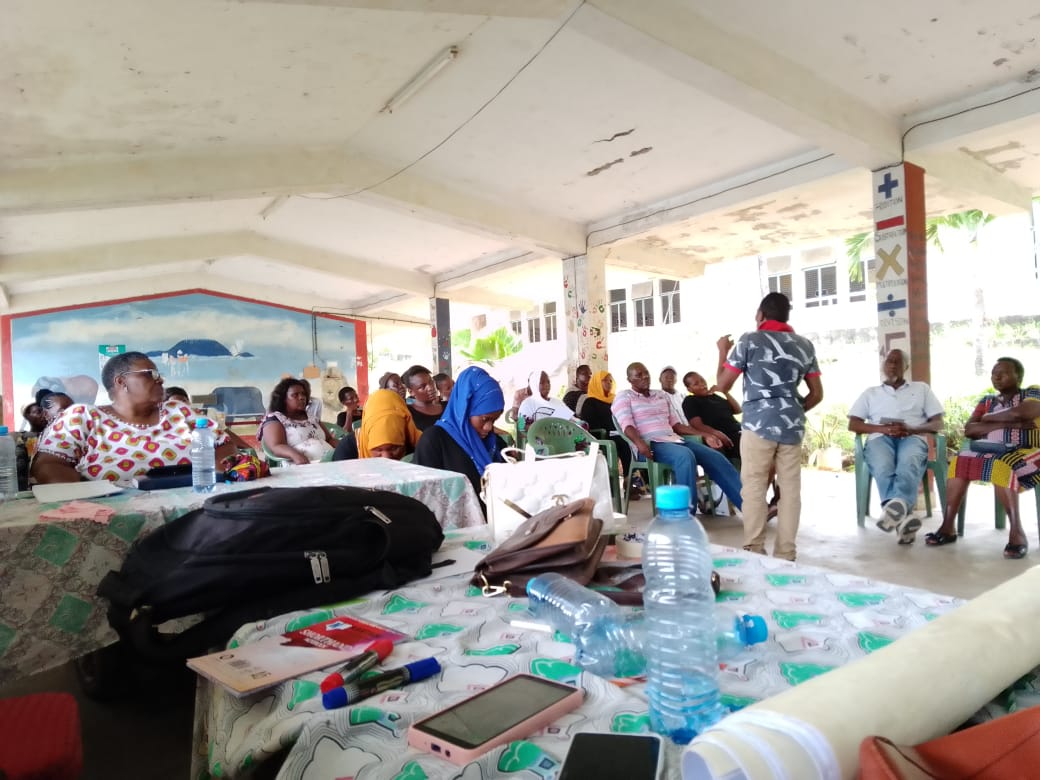 The TUKU program, initiated in 2021 and set to conclude in April 2024, has been a beacon of change in the educational landscape of the coastal region. By targeting teachers, parents, and the wider community, TUKU aims to demystify the CBC syllabus and foster a culture of acceptance and proficiency. Recognizing the initial challenges in the rollout of the CBC curriculum, LICODEP stepped in with innovative strategies, utilizing humor and creativity to engage stakeholders effectively. Through a series of engaging activities, they succeeded in catalyzing understanding and enthusiasm among educators, parents, and community members alike.
The TUKU program, initiated in 2021 and set to conclude in April 2024, has been a beacon of change in the educational landscape of the coastal region. By targeting teachers, parents, and the wider community, TUKU aims to demystify the CBC syllabus and foster a culture of acceptance and proficiency. Recognizing the initial challenges in the rollout of the CBC curriculum, LICODEP stepped in with innovative strategies, utilizing humor and creativity to engage stakeholders effectively. Through a series of engaging activities, they succeeded in catalyzing understanding and enthusiasm among educators, parents, and community members alike.
Impact and Reach of the TUKU Program:
The impact of the TUKU program has been profound, with tangible outcomes witnessed across 57 public primary schools in the coastal region. This significant outreach underscores the program’s efficacy in bridging the gap between the curriculum reforms and the stakeholders crucial for its successful implementation.
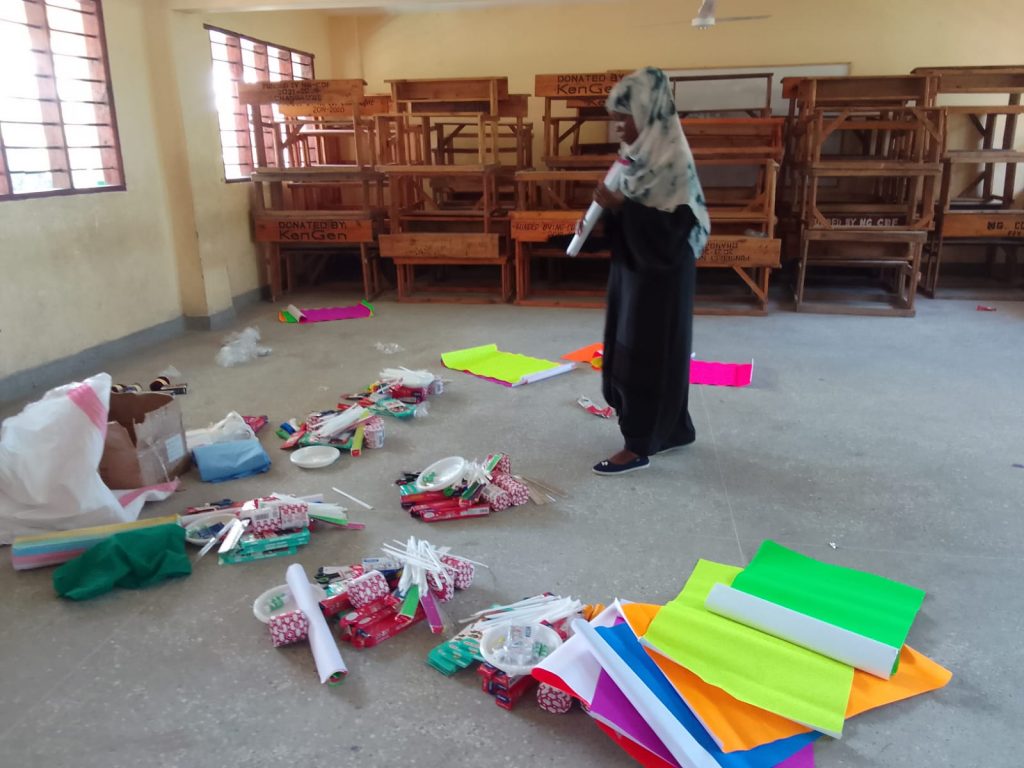
Key Strategies and Success Factors:
Central to the success of the TUKU program are the innovative approaches adopted by LICODEP in disseminating information and fostering engagement. By infusing elements of humor and creativity into their awareness campaigns, LICODEP managed to transform what could have been a daunting educational transition into an exciting journey of exploration and learning. Through interactive sessions, workshops, and community events, we succeeded in breaking down barriers and fostering a sense of ownership and enthusiasm among participants.
Furthermore, the collaborative efforts of the Aga Khan Foundation and local partners have been instrumental in providing the necessary resources and support to ensure the program’s sustainability and impact. By leveraging existing networks and building strong relationships within the community, TUKU has managed to create a ripple effect, inspiring positive change and fostering a culture of continuous learning and adaptation.
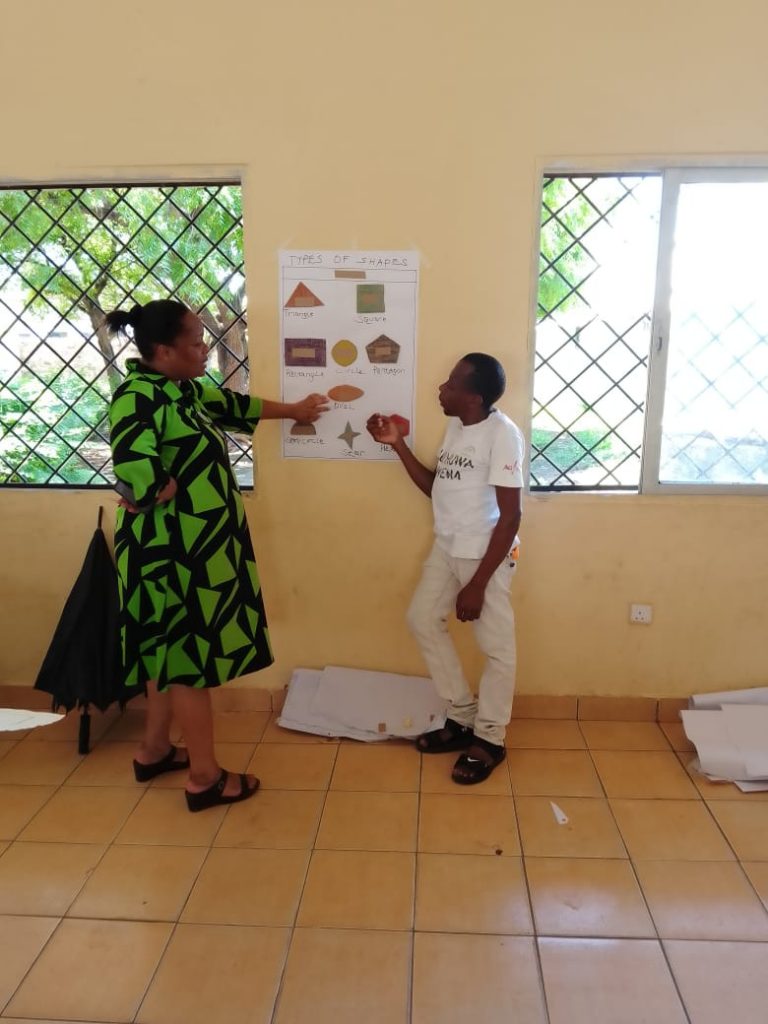
Challenges and Future Prospects:
While the TUKU program has made significant strides in enhancing CBC curriculum awareness, challenges remain on the horizon. Sustaining momentum and ensuring long-term engagement among stakeholders will be crucial in consolidating the gains achieved thus far. Additionally, scaling up the program to reach a wider audience and exploring innovative technologies for remote learning could further amplify its impact and reach.
Looking ahead, the legacy of the TUKU program serves as a testament to the power of community-driven initiatives in shaping the future of education. By empowering teachers, parents, and communities with the knowledge and tools to navigate educational reforms, we pave the way for a more inclusive and dynamic learning environment where every child has the opportunity to thrive and succeed.
Conclusion:
In conclusion, the TUKU program stands as a shining example of how collaborative efforts and innovative strategies can drive meaningful change in education. By fostering a culture of understanding, acceptance, and engagement around the CBC curriculum, TUKU has not only empowered stakeholders but also laid the foundation for a brighter future for generations to come. As we reflect on the impact of this transformative program, we are reminded of the profound difference that can be made when communities come together to champion the cause of education. Through continued dedication and commitment, we can build a more equitable and inclusive educational system that nurtures the potential of every child and unlocks a world of possibilities.
In the words of Nelson Mandela, “Education is the most powerful weapon which you can use to change the world.” With programs like TUKU leading the way, we are one step closer to realizing this vision and creating a brighter tomorrow for all.
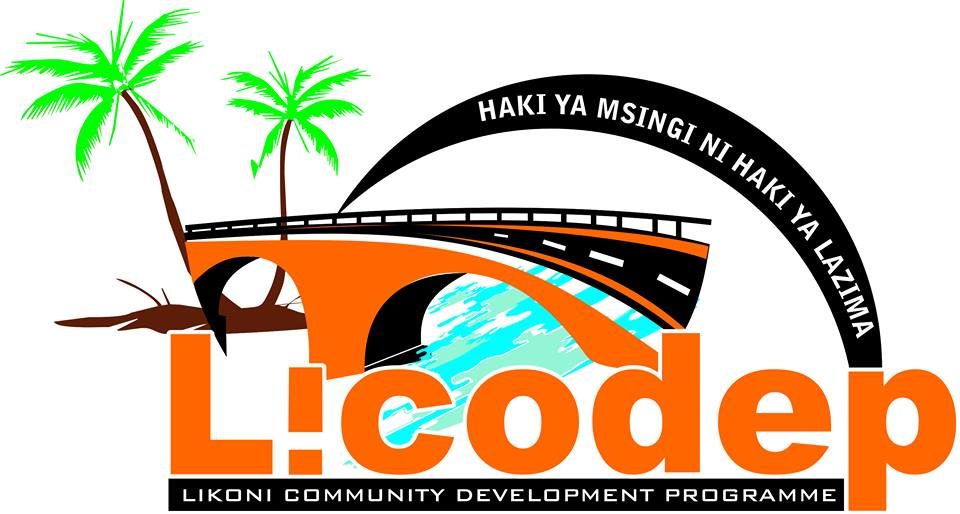
Fatuma mwalimu
Congratulations licodep has step ahead in realizing and creating a brighter days for learners and teachers by using local available materials through learning through play based